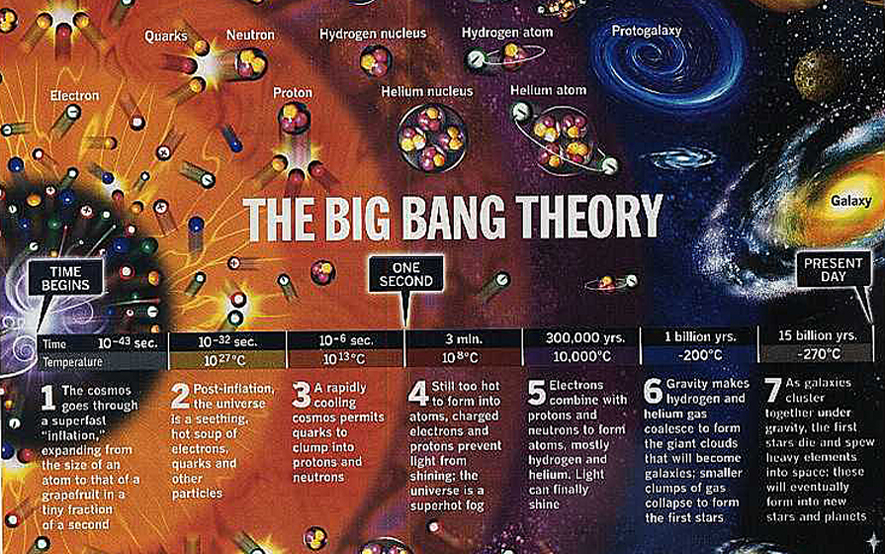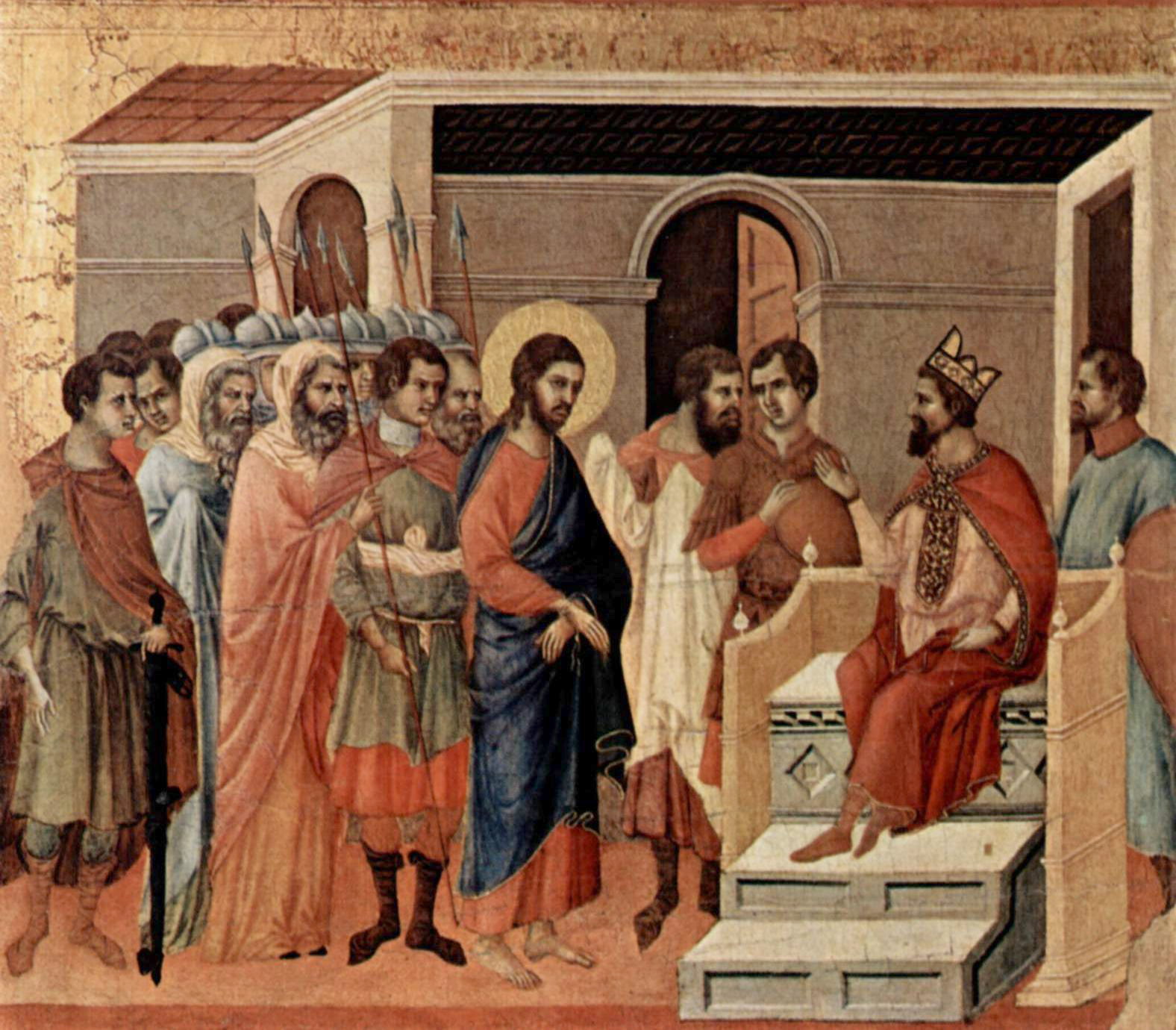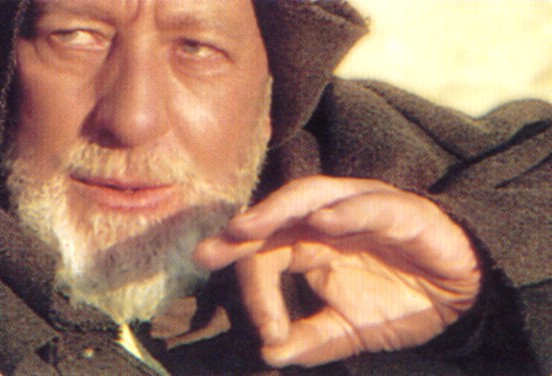"There is no greater agony than bearing an untold story inside you."
About the Book
With the guidance of mystical theologian John of Ruusbroec and other teachers, and with help from many favorite heroic stories and characters, An Untold Story presents a path of spiritual formation that is at once epic and everyday, fantastical and practical, otherworldly and ordinary. This is a guide for any would-be mystic-hero longing for their own wondertale to no longer be an untold story.
Endorsements
"...this book is very welcome. Written accessibly for a general readership, it takes us to the heart of John of Ruusbroec's thought and is often deeply insightful, at times surprising, and never dull."
~ John Arblaster, PhD, Ruusbroec Institute–University of Antwerp, co-editor of A Companion to John of Ruusbroec
"You will find this book a resource to return to again and again as you fan into flame your own desire to experience God and to live from your true self."
~ Kevin J. Navarro, PhD, Spiritual Director–Imago Christi Ministries, author of Trinitarian Doxology
"An Untold Story has immediately become my go-to guide into mystical theology. The book is...an enjoyable and substantive exploration into this little-understood tradition of Christianity."
~ Daniel Ethan Harris, Spiritual Director, author of Grace that Grows
"Robert Pelfrey gives an account of spiritual formation that is fresh, compelling, and winsome... Beautifully written, this book deserves to be read slowly and contemplatively."
~ Gerard Booy, DD, Spiritual Director–CenterQuest, pastor Fairview Presbyterian Church
Buy the Book
Purchase An Untold Story from the publisher, Amazon, Barnes and Noble, or wherever fine books are sold.
More titles from Robert C. Pelfrey can be found here.









